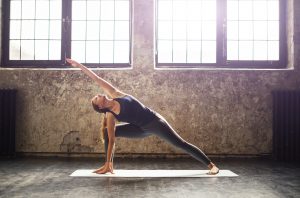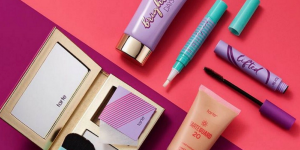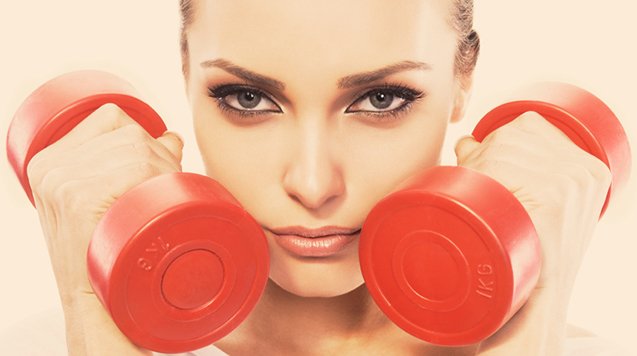
As the emphasis on a healthy approach to diet and lifestyle continues to grow, the fashion industry has seen an increase in sales of ‘trendy’ and comfortable looking activewear. This ‘active lifestyle trend’ (ALT-living) has had other significant impacts on consumer purchasing patterns, including:
- services to balance physical, mental and emotional wellbeing;
- commitment to fitness regimes both indoors and outdoors, including active exercise and relaxation methods such as yoga;
- healthy diet choices including food and supplements;
- use of wellbeing centres, alternative health providers and spa retreats; and
- use of activity trackers to monitor healthy intakes and activities, for example, devices like FitBit®.
These changing purchasing patterns have flowed over to impact the cosmetics and personal care industry in multiple ways.
Consumers are increasingly interested about what they are putting into their bodies and how this affects their external appearance. Under Therapeutic Goods Administration (TGA) legislation, ‘beauty’ and appearance based claims can’t be made about ingestible products unless they are then listed or registered as therapeutic goods. This prevents any ‘food’ type products from making beauty claims in Australia but also protects consumers from making unjustified supplement purchases where the science may otherwise be lacking.
Instead, consumers are increasingly keen to try personal care products that contain superfood ingredients on their skin. Recent examples include Acai and Quinoa extracts in face and hair products for a variety of benefits. We’re also seeing a rise in pro-biotic use in personal care products spreading rapidly across Europe which will soon increase interest in Australia.

The use of ‘natural’ plant extracts and oils has had continued growth over the last decade and is not set to stop any time soon. ALT-living has further reinforced the popularity of ‘natural’ ingredients as consumers seek to balance an increasingly hectic lifestyle with natural food, lifestyle and personal care choices. This has meant an explosion of natural extract and oil raw material choices for cosmetic chemists for greater consumer choice with excellent skin feel and efficacy data. Look for ‘clinically proven’ results in marketing claims for enhanced performance in your natural products.
Overuse of the word ‘organic’ in product marketing which has made it harder for consumers to discern between truly organic and semi-synthetic products with only a small organic input. If you truly care about the organic content of your product, look for an Organic Certifier’s seal such as COSMOS or % organic input near the ingredient list to find out how organic the product you want to purchase REALLY is.
Do-at-home spa treatments are on the increase – the use of luxury personal care products to recreate a spa-like experience is more popular than ever as consumers use the ‘at-home’ spa experience to boost their perceived lifestyle balances despite a busy lifestyle. Salons and pharmacies are increasingly stocking these home-style spa treatments for use between visits.
Sweat proof make up is another very big trend making its way to Australia. This includes make up that stays put even when the wearer is sweating profusely – so they can look great and even be ‘selfie-ready’ at a moment’s notice; or to look great before, during and after their workout routine without needing to shower and reapply product. As our lifestyles get busier than ever, being able to go from workout to work with less downtime is becoming increasingly important! These products are being formulated with breathable film formers but wash off readily with standard make up removers.
Antiperspirants need to work harder than ever before and smell more luxurious. It needs to be sweat resistant too, and complement even high end fragrances so the wearer can smell great all day.

Daily-wear sun care has had to evolve to be more aesthetically pleasing and multi-functional – we’re seeing higher SPF coloured products for women and SPF becoming the norm in male skin care products to address their specific skin needs whilst offering essential UV protection.
Anti-pollution, anti-stress (neuro-cosmetics), and anti-blue light product claims are on the rise in an attempt to help us achieve a better level of wellbeing in an increasingly polluted, stress filled and electronic device environment. Look for these claims on products being launched this year if your skin is suffering from the effects of pollution and/or digital ageing.
Label awareness has potentially taken it too far with some statements such as ‘gluten free’ or ‘free from’ being taken out of context on products with little relevance – yet some consumers love to know they’re avoiding certain ingredients to make them feel they are taking greater responsibility for their health and wellbeing.
As a society, we are not only seeking more balance in an increasingly fast paced lifestyle, but we’re also relying on devices and apps to monitor our exercise, sleeping and dietary habits to keep us healthy and feeling great.
How long until we see activity trackers combining sleep tracking, water and food intakes and even a woman’s monthly cycle to make product recommendations to enable the wearer to make more individualised personal care product choices on a daily basis to also look great?
Something to ponder while you enjoy your next kale shake looking (and smelling) great with sweat proof make-up between that daily jog and your next yoga class…
Belinda Carli is the Director of the Institute of Personal Care Science (IPCS). IPCS provides distance training in Cosmetic Formulation, Brand Management and Regulatory Affairs. Contact Belinda and the team for assistance with your training, formulation, brand management or regulatory requirements: belinda@personalcarescience.com.au or visit www.personalcarescience.com.au for more information.
Related

